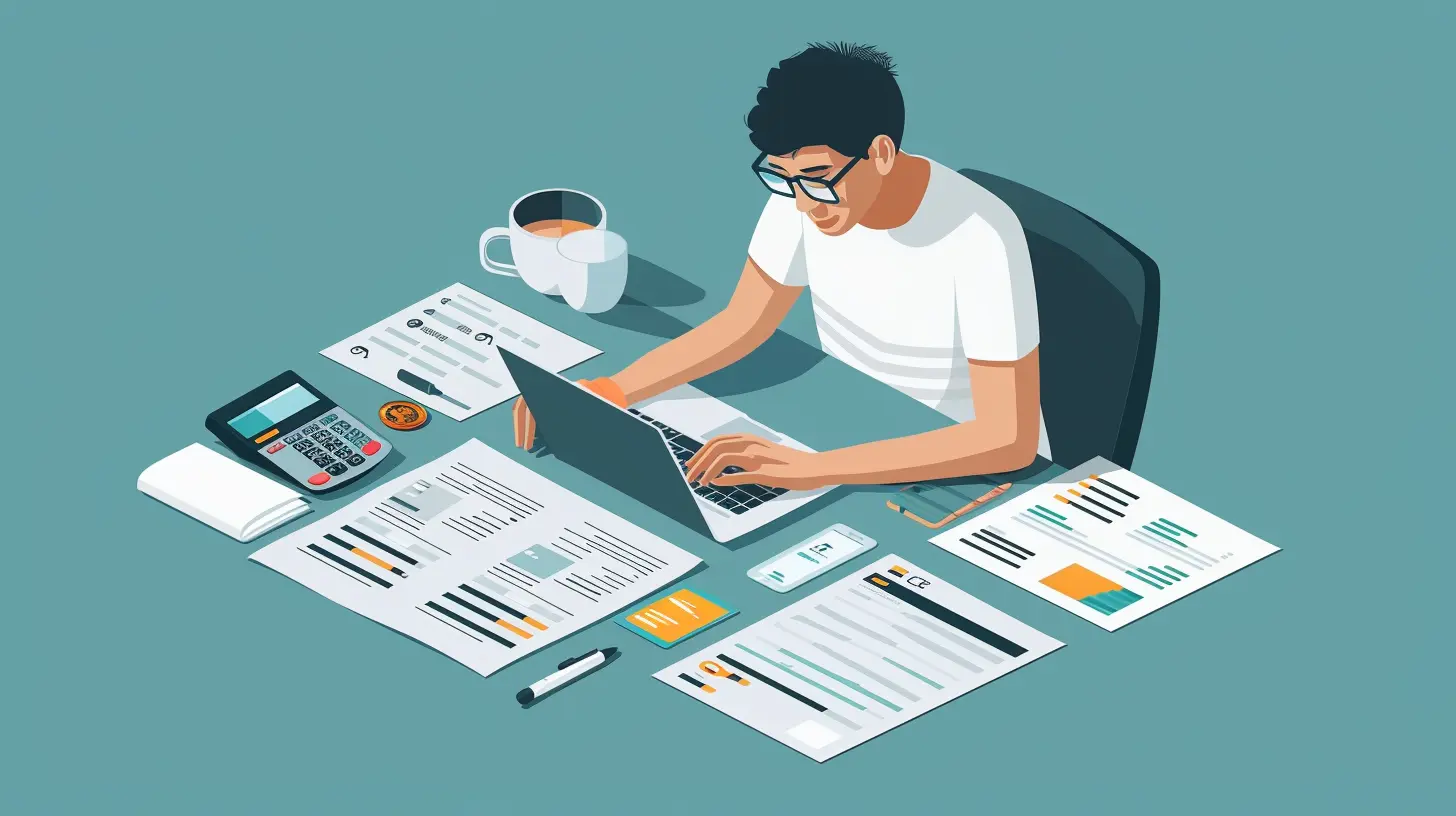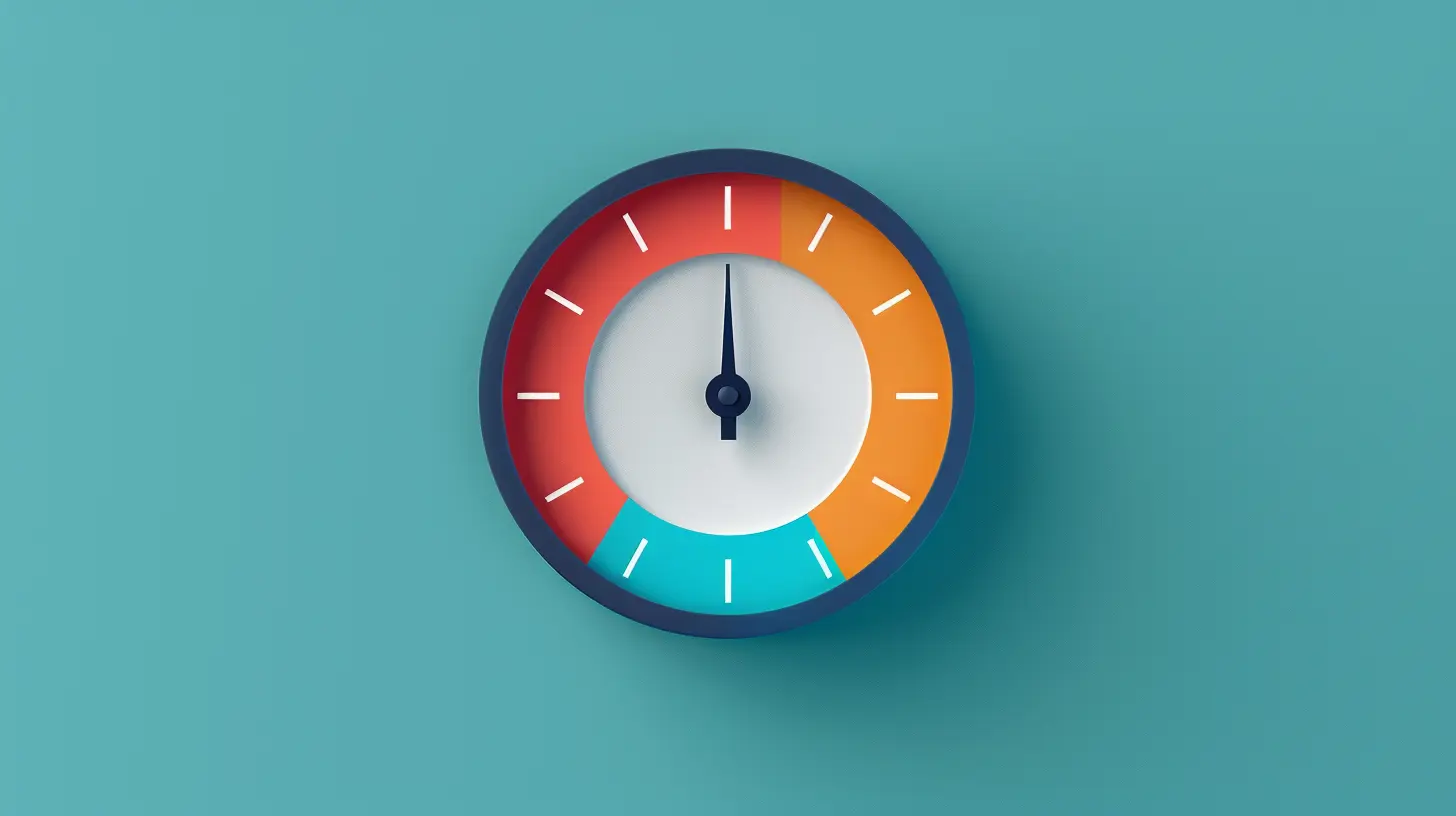What a Credit Score Does and Doesn’t Affect in Life
1 November 2025
Your credit score—those three little numbers—holds more power than you might think. It can open doors to financial opportunities or slam them shut before you even realize what’s happening. But does it affect every part of your life? Not quite.
Let's break down what your credit score actually influences and what it doesn’t, so you can stop worrying about things that don’t matter and focus on what does. 
What Your Credit Score Affects
1. Loan Approvals and Interest Rates
When you apply for a loan—whether it’s a mortgage, car loan, or personal loan—your credit score is one of the biggest factors lenders consider. A high score? That means better interest rates and loan terms. A low score? Expect higher interest rates, or worse, a rejection.Lenders see your credit score as a measure of trust. A high score tells them, “Hey, I’m responsible with my debt!” A low score, however, might raise red flags, making them hesitant to lend you money.
2. Credit Card Approvals and Limits
Credit card issuers also rely heavily on your credit score. If you have a good score, you’ll likely qualify for higher credit limits and better rewards cards. On the flip side, a bad score might leave you stuck with a secured credit card or one with sky-high interest rates.3. Mortgage Eligibility
Want to buy a house? Your credit score plays a significant role in whether you get approved for a home loan. It also determines your mortgage interest rate. The difference between a good and bad credit score can mean thousands (or even tens of thousands) of dollars in extra interest over the life of your loan.4. Renting an Apartment
Yes, landlords check credit scores, too. Many use it to determine if you’re financially responsible enough to pay rent on time. A poor credit score doesn’t necessarily mean you’ll be denied a place to live, but it could mean paying a higher security deposit or needing a co-signer.5. Car Loans & Insurance Rates
Looking to get a car? Your credit score will impact both the financing you qualify for and the auto insurance rates you’ll pay. Some insurance companies use credit scores to assess risk—meaning a lower score could lead to higher premiums.6. Utility Deposits
Utility companies sometimes check your credit score when setting up services like electricity, water, or internet. If your score isn’t great, they might require a deposit before turning on your services.7. Cell Phone Plans
Some mobile carriers run a credit check if you’re signing up for a postpaid plan. A great credit score may mean zero down on a new phone, while a bad score could mean you'd have to prepay for services.8. Job Applications (Sometimes!)
Some employers, especially in finance-related fields, check credit reports as part of the hiring process. They won’t see your exact score, but they can see your credit history—and if it shows financial irresponsibility, it might hurt your job prospects.
What Your Credit Score Doesn’t Affect
1. Your Salary
No matter your credit score, it won’t dictate how much money you make. Your employer isn’t paying you more just because you have an 800 credit score.2. Your Education Opportunities
Colleges and universities don’t factor in your credit score when considering admissions. However, private student loan lenders might check your credit when approving loans, so that’s something to consider.3. Your Relationships
Look, your credit score might impress (or scare off) a potential partner, but it won’t determine who loves you. While financial habits can impact relationships, love isn’t based on a credit score.4. Medical Treatment
Hospitals and doctors won’t deny you care based on your credit score. However, if you don’t pay your medical bills, they might end up on your credit report, affecting your score later.5. Your Ability to Save or Invest
Your credit score doesn’t dictate how much you can save or where you can invest. Even if your credit isn’t great right now, you can still build wealth through smart financial habits.6. Grocery Shopping or Everyday Purchases
You don’t need a high credit score to buy food, clothes, or other daily necessities. As long as you have cash or a debit/credit card, you’re good to go.
How to Improve Your Credit Score
If you’re worried about your credit score, don’t stress—it’s something you can control. Here are a few quick tips to boost it:- Pay your bills on time. Late payments can tank your score fast.
- Keep your credit utilization low. Try not to use more than 30% of your available credit.
- Don’t open too many accounts at once. Each hard inquiry can slightly lower your score.
- Check your credit report for errors. Mistakes happen, and disputing them can help raise your score.
- Be consistent. Credit improvement doesn’t happen overnight, but good habits will pay off in the long run. 
Final Thoughts
Your credit score is important, but it’s not everything. It helps determine loan approvals, rental applications, and even job opportunities in some cases. However, it won’t dictate your income, education, love life, or ability to buy groceries.The key takeaway? Use credit wisely, improve your score when possible, but don’t let it define you. Your financial future is in your hands—credit score or not.
all images in this post were generated using AI tools
Category:
Credit ScoreAuthor:

Zavier Larsen
Discussion
rate this article
1 comments
Anna McVicar
Credit scores: the bizarre relationship status of your finances! They don’t determine your love life, but good luck borrowing an umbrella during a storm without one—you might just get drenched!
November 8, 2025 at 4:20 AM

Zavier Larsen
Absolutely! Credit scores play a crucial role in financial opportunities, much like a relationship status can influence social interactions. While they don't dictate personal relationships, they certainly impact borrowing options when you need them most.


